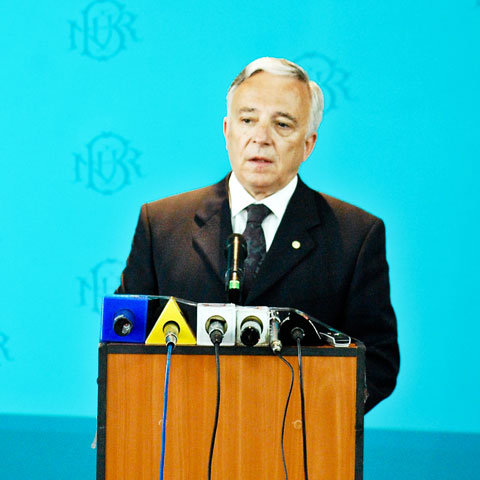BNR eliminated the set up of minimum mandatory reserves for passives with residual maturity larger than two years, a decision meant to encourage lenders to move from the short-term debt to longer term financing.
The priority of the Romanian authorities is at present to resume the economic growth on healthy grounds, not like in the previous years, and the institutional change in view to adapt the financial markets surveillance to the new world context, declared Isarescu.
The governor added that the sustainable economic growth is even more important in the context of the external financing agreement inked by Romanian with the International Monetary Fund (IMF) and the European Union (EU).
BNR has warned several times on the overheating of Romania's economy in the previous years. Last year, the gross domestic product (GDP) hiked 7.1 percent, but the official estimate for 2009 agreed with the IMF is a 4 percent economic downturn.
Interest rates of commercial lenders to adjust as fast as the current account gap
Interest rates for deposits and credits practiced by commercial banks will adjust “as fast as the current account deficit” and Romanians could have the surprise to come back from their holiday and find the rates adjusted, said Isarescu.
The BNR governor declared that interest rates on the money market were correlated with the monetary policy rate and the adjustment of the rates for actives and passives will follow, but it will take place with a lag.
Romania's current account deficit corrected steeply during the past months and the prognosis show that it could reach 5 – 6 percent of the GDP this year, compared to 12.4 percent in 2008.


